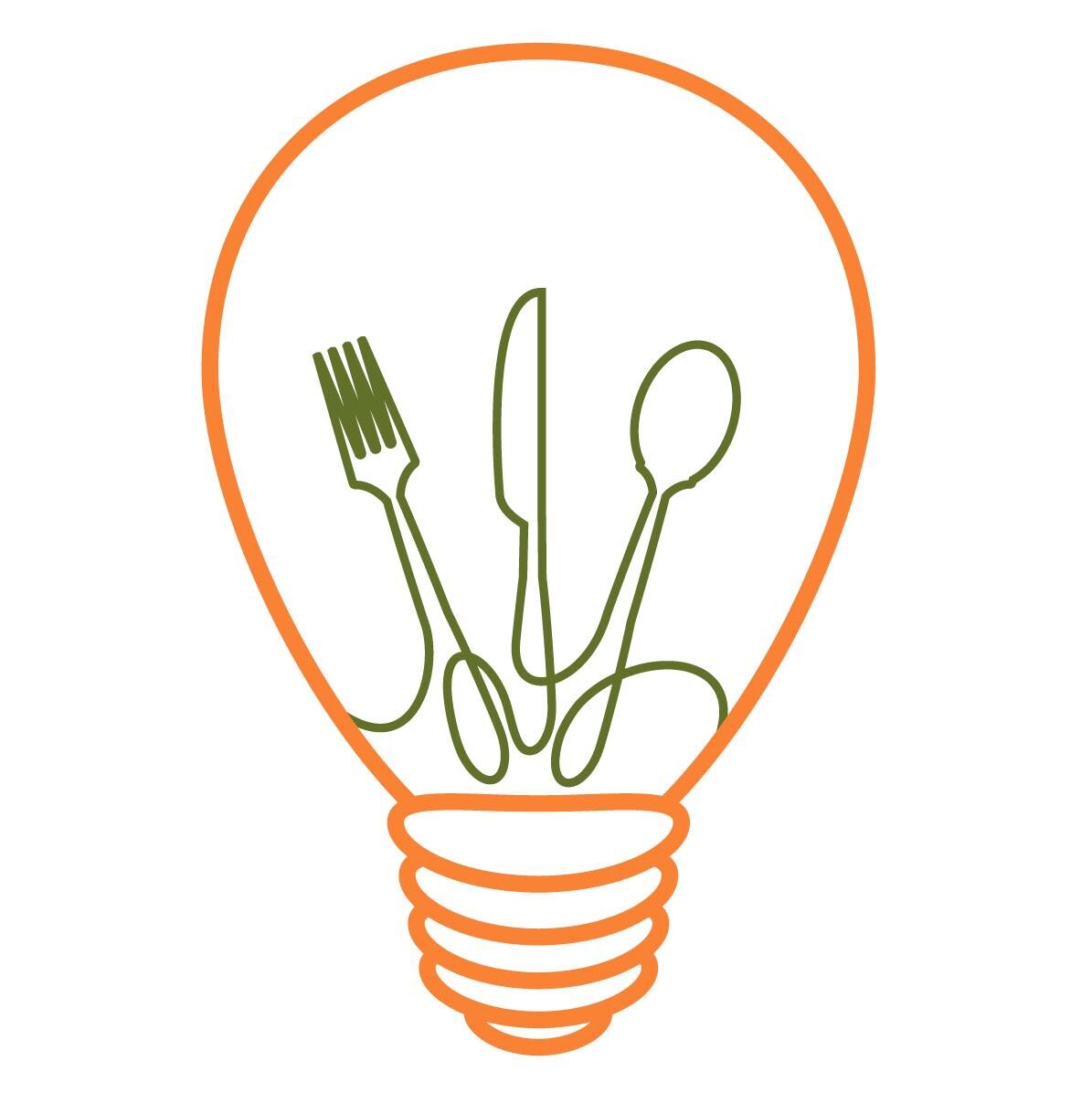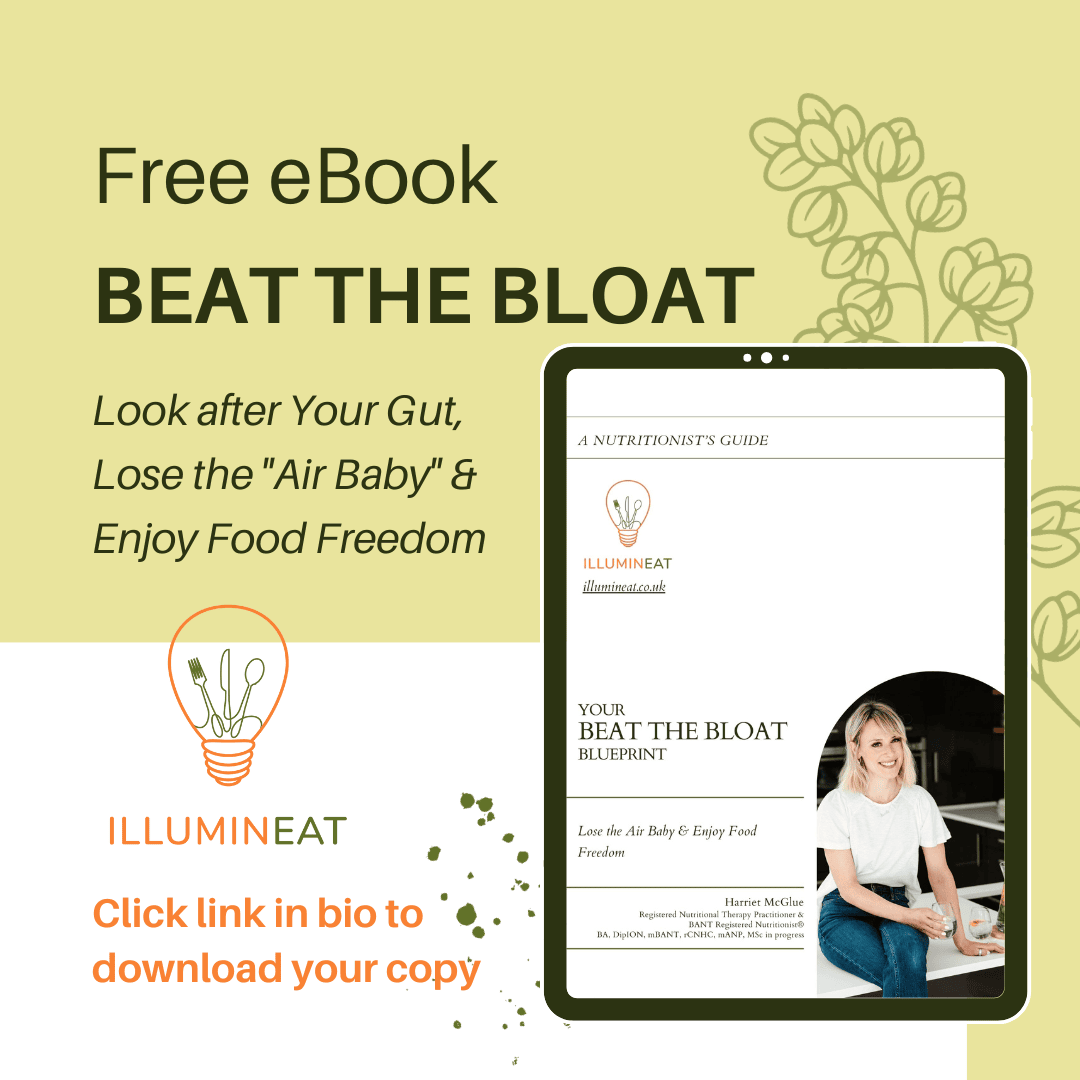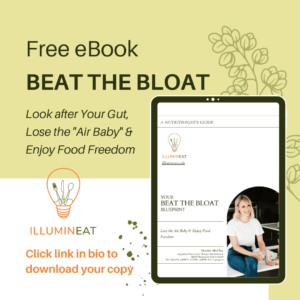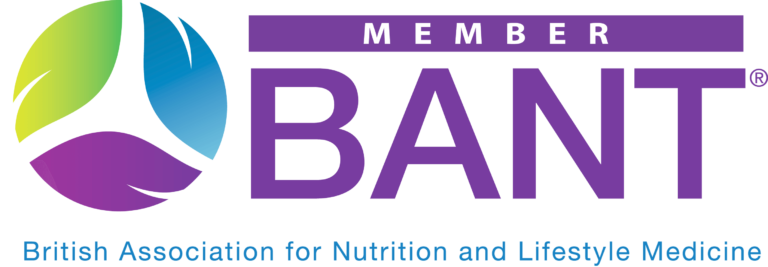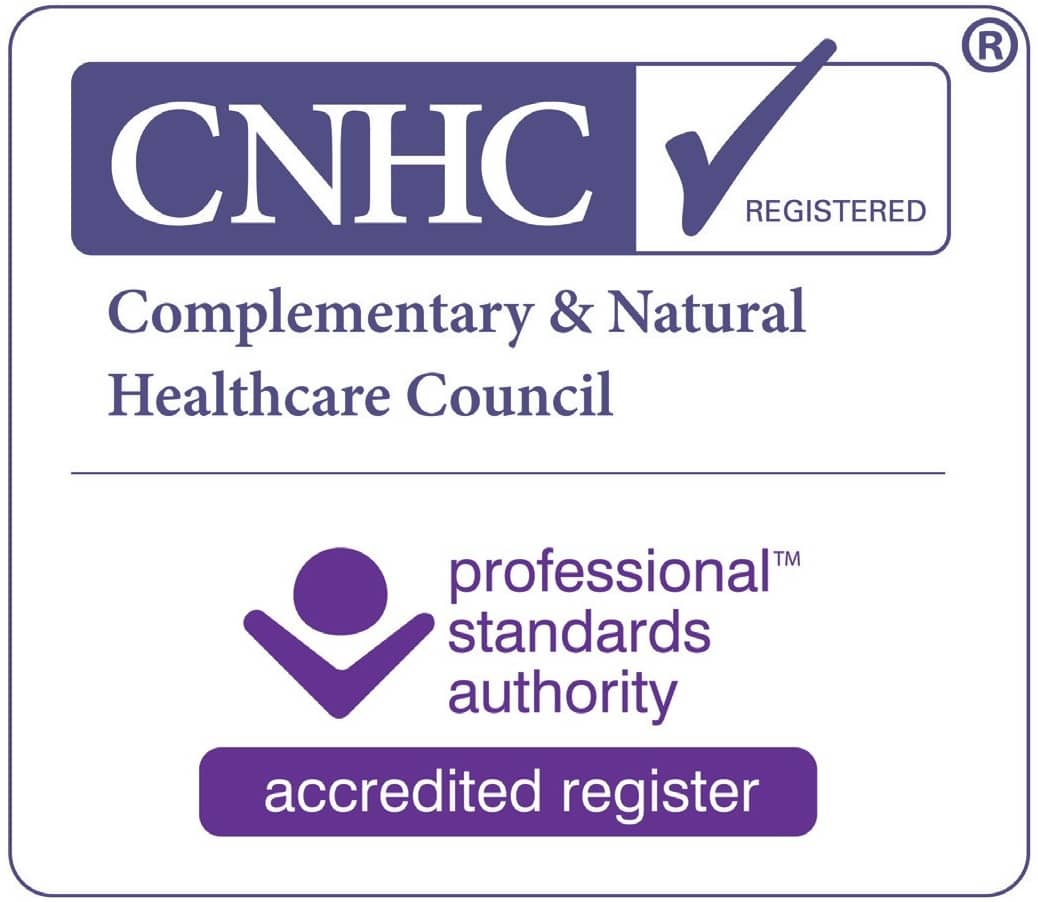What is PROGESTERONE & why is it so great?!
Progesterone is a steroid hormone our bodies make from cholesterol. The undisputed “star” of the second half of the menstrual cycle (the luteal phase), which comes after ovulation, its main role is to maintain the uterine lining for implantation & a healthy pregnancy. IF one of our eggs HAPPENS to be fertilised that is; if no egg is fertilised, progesterone levels drop dramatically which triggers our period
BUT this hormone does SO MUCH MORE besides…
Progesterone is calming, anxiety-busting & works like a natural anti-depressant.
It promotes deep, restful sleep by triggering GABA (our calming, soothing neurotransmitter).
It reduces inflammation.
Because it balances out oestrogen, it can mitigate symptoms of oestrogen-driven conditions like heavy periods, endometriosis and fibroids.
It promotes bone-building cells to support healthy bones
It inhibits androgens (male hormones) and helps produce collagen for clear, healthy skin
As you can see, it’s definitely a hormone we want on board for overall health and wellbeing. Yet SO MANY WOMEN suffer from LOW PROGESTERONE (or other hormone imbalances that impact levels)
Could you have LOW progesterone?
Low progesterone is pretty common. Clues include: abnormal or irregular periods, lack of/irregular ovulation, bad PMS, fertility issues, miscarriage, fatigue, low libido, headaches, insomnia/crappy sleep esp. pre-period, mood disturbances (anxiety, crankiness, can’t relax)
KEY TAKEAWAY: you MUST OVULATE to produce healthy, robust levels of progesterone. No ovulation = no progesterone spike!
Reasons for low progesterone include:
Peri-menopause, low thyroid function, insulin resistance, obesity, PCOS, chronic inflammation and the big one – STRESS
STRESS and low progesterone
When our hypothalamus perceives stress, it signals our pituitary gland to increase/decrease hormone production. FSH (follicle stimulating hormone) and LH (luteinizing hormone) – reproduction hormones – are down-regulated which shuts down signalling to the ovaries. You might not ovulate and you might not make high enough levels of progesterone.
Having a baby while being during a famine, for instance, makes zero sense. In our modern world the body will have the SAME response to any of these stresses:
FOOD STRESS This could be too too much sugar & starch spiking your blood sugar & insulin; a nutrient-poor, ultra-processed diet; excess alcohol; living off caffeine; continuing to eat foods you know you are intolerant to; crash dieting OR chronic under-eating
LACK OF SLEEP Quantity, quality or consistency (*baby/toddler parents – I’m one of you and FEEL YOUR PAIN!!)
OTHER PHYSICAL STRESSES We could be talking poor gut health e.g. imbalanced gut bacteria; imbalances with other hormones (e.g. insulin, thyroid); chronic infections; chronic low-grade inflammation; acute injury; too many environmental toxins; too much or too little exercise
EMOTIONAL STRESS Think trauma, toxic emotional stress, unhealthy relationships, lack of meaning or purpose, lack of human connection, lack of joy
This is ALL stuff the hypothalamus perceives as stress. The body will always opt for survival over baby-making!
How to SUPPORT HEALTHY PROGESERONE levels
- Eat a minimally-processed, whole food & nutrient dense diet with enough healthy fats so you have all the building blocks needed to make progesterone and other steroid hormones. This should also help keep weight in check, which can support a healthy balance of progesterone relative to oestrogen.
- Balance your blood sugar levels with the same diet advice as above. Watch the sugars and white starchy carbs! These can promote insulin dys-regulation which is a big stress on the body and messes with hormones
- Look at your stress levels overall. This couldn’t be more important!
Identify sources of stress which apply to you & address those you can. Find ways to manage the stress that remains. Stress is an unavoidable part of life, so what we all need is a “toolbox” of self-care we can tap into to help mitigate some of its negative effects. This could mean meditation, a walk around the block, 10 mins on the phone venting your frustrations, running, curling up with a book, or yoga. It could also mean learning to say no without feeling guilty; letting go of commitments; or avoiding people/situations you find triggering.
- Support healthy oestrogen levels by maintaining a healthy weight, eating loads of fibre so that you’re pooping at least once a day & loading up on cruciferous veggies & broccoli sprouts (more on oestrogen another day)
- Get enough zinc which helps stimulate FSH to support ovulation that triggers progesterone production. Foods high in zinc include shellfish, grass-fed beef, pastured egg yolks, pumpkin seeds, flax seeds & brazils
- Think about magnesium Mg is calming, supports a healthy stress response & proper oestrogen/progesterone balance. Dark green, leafy veggies, avo, legumes, dark choc, nuts & seeds are great sources. Many women (and men!) benefit from supplementing (mg glycinate is a sleep-promoting and bio-available form)
- Look at vitamin B6 which helps develop the corpus luteum (which produces progesterone) & balances estrogen/progesterone levels. Poultry, fish, walnuts, beans, sweet potato and bananas are good sources
